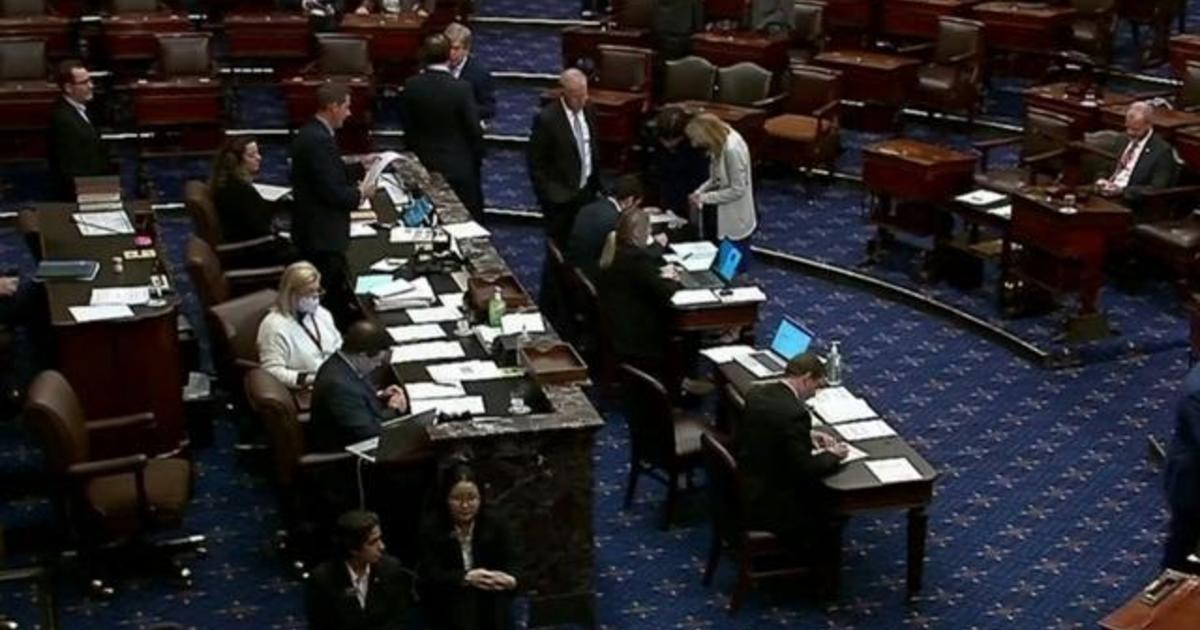House lawmakers made a significant decision on Thursday by voting to extend the deadline for negotiating how to fund the government, and a move met with objections from almost half of the Republicans who disagree with the emerging spending plan.
The legislation, passing with a 320-99 vote, aims to postpone two funding deadlines: the first from March 1 to March 8, and the second from March 8 to March 22, thereby preventing a partial government shutdown. However, the bill must still secure approval in the Senate before the partial shutdown deadline on Saturday.
While Congressional negotiators announced on Wednesday that they had reached an agreement on six annual spending bills, they acknowledged the need for additional time for lawmakers to review the bills thoroughly.

US Fed House (Credits: VOA)
In a joint statement, Senate Majority Leader Chuck Schumer, Senate Minority Leader Mitch McConnell, House Speaker Mike Johnson, House Minority Leader Hakeem Jeffries, and others explained the necessity of a short-term continuing resolution to allow committees to execute the agreement, draft reports, handle technical matters, and grant members a 72-hour review period.
Despite the situation’s urgency, nearly 100 Republican representatives voted against the bill to curb government spending and advocate for specific policy priorities.
Rep. Bob Good from Virginia has emerged as a Republican leader seeking budget cuts—good proposal incorporating policy riders, such as border policy reforms, into the funding process.
He also suggested a continuing resolution that extends funding at 2023 levels throughout the fiscal year, triggering a 1% reduction in federal spending for all programs starting in May.
Good emphasized his preference for a continuing resolution through September 30, tied to the Federal Regulatory Agencies (FRA) caps, which would cut around $100 billion from the deal.
He proposed attaching measures for border security, the Israel pay-for, and reforms to the Foreign Intelligence Surveillance Act (FISA). Despite acknowledging the potential for a shutdown, Good insisted on pushing for these changes.
Speaker Mike Johnson faces internal party pressure as he navigates the demands of a faction of hard-line conservatives who vocally express their goals, complicating the negotiations to avert a government shutdown.
He reportedly cautioned his party last week about the negative impact of repeatedly blocking simple majority votes, as this strategy diminishes Republican leverage during funding discussions.























